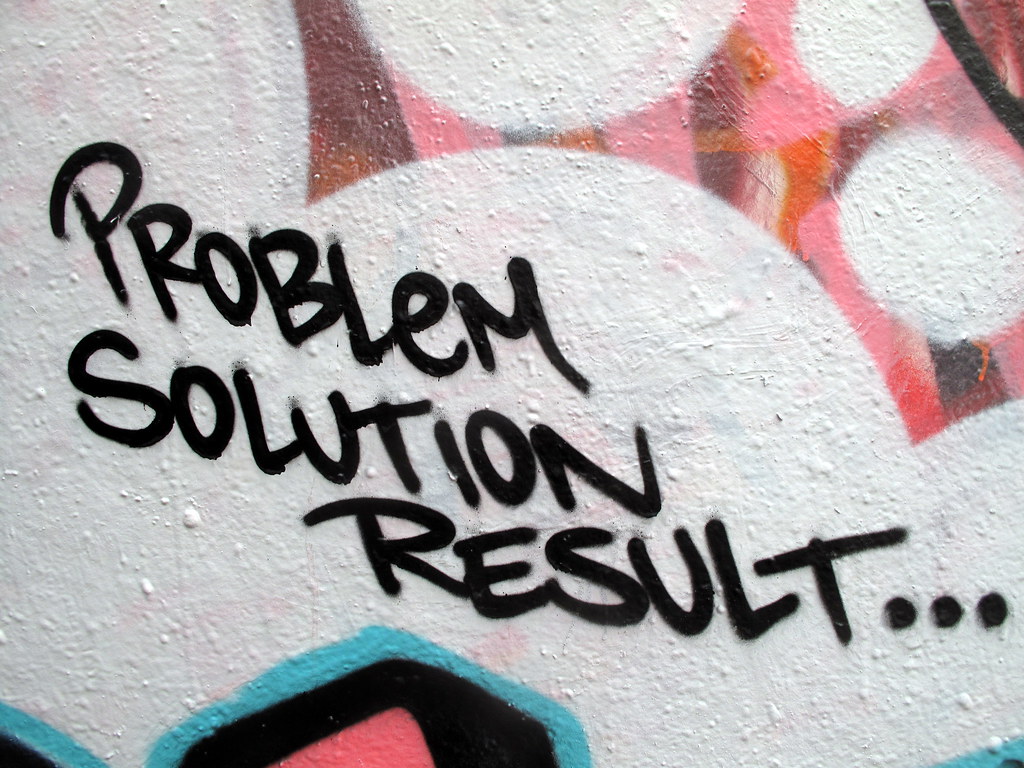The great jazz player and composer Duke Ellington once pronounced that a problem is an opportunity for us to do our best. It shows the point of view that the problem should not be treated as an obstacle, but rather as one more opportunity to reveal our capabilities and grow. Each critical situation comes to us with a choice: to give up in front of it or to proceed with determination and resourcefulness. By framing problems as opportunities to “do your best,” Ellington emphasizes the potential for personal growth, learning, and accomplishment that lies within adversity.
Ellington’s quote is a reflection of his philosophy-to embrace challenges as opportunities to excel rather than shy away from them. Real-life examples of problems offering opportunities for growth and excellence abound in sports, where athletes often face obstacles in the form of injuries, intense competition, or moments of self-doubt. These form launching pads for an athlete to showcase their best work, such as a professional basketball player who is coming off a career-changing injury. The physical setback serves as the opportunity to prove resilience and go through a grueling process of rehabilitation and return stronger to the court.
In the business context, entrepreneurs encounter sets of economic decline, market competition, or operational setbacks. However, all these problems can turn out to be the spur that forces innovation and creativity. In the 2008 financial crisis, many firms faced extreme challenges but took that as a cue for remaking their business model and innovating new products. Companies like Airbnb and Uber emerged during the time of economic challenge and found a creative solution for problems in travel and transportation. These entrepreneurs “did their best” by using the problems they faced to rethink conventional solutions and develop new, impactful ideas.
The author has shared personal experiences of how problems can be converted into opportunities for growth, personal and professional. He remembers a semester in school when he had to struggle with multiple assignments and extracurricular activities that appeared insurmountable. However, by changing their attitude, they planned their time better, consulted professors when necessary, and worked harder to keep themselves ahead of the work. This not only completed the semester but also learned how to manage time effectively and became confident in dealing with stressful situations.
Similarly, difficult tasks at work can reveal one’s capacity for problem-solving and creativity. These challenges will be the catalysts for personal and professional development if they are viewed as opportunities, not just obstacles. The saying of Duke Ellington, “A problem is a chance for you to do your best,” applies in this context since it looks at problems as ways by which one can do the best. They are those pushing factors that kick one out of the comfort zone into finding solutions, making something new, or simply persisting. They make opportunities for personal growth: putting us in a position to test our abilities, learn new skills, and rise to meet occasions in ways we hadn’t expected.
The concept of doing our best in the face of problems is essential to living a fulfilling life, as it often defines us, not the moments of ease. Overcoming a problem often leads to a sense of accomplishment and pride that can only be achieved through effort and perseverance. As Ellington understood, striving to do one’s best in difficult circumstances brings out the best in us.
“Problem, Solution, Result…” by duncan is licensed under CC BY-NC 2.0.









